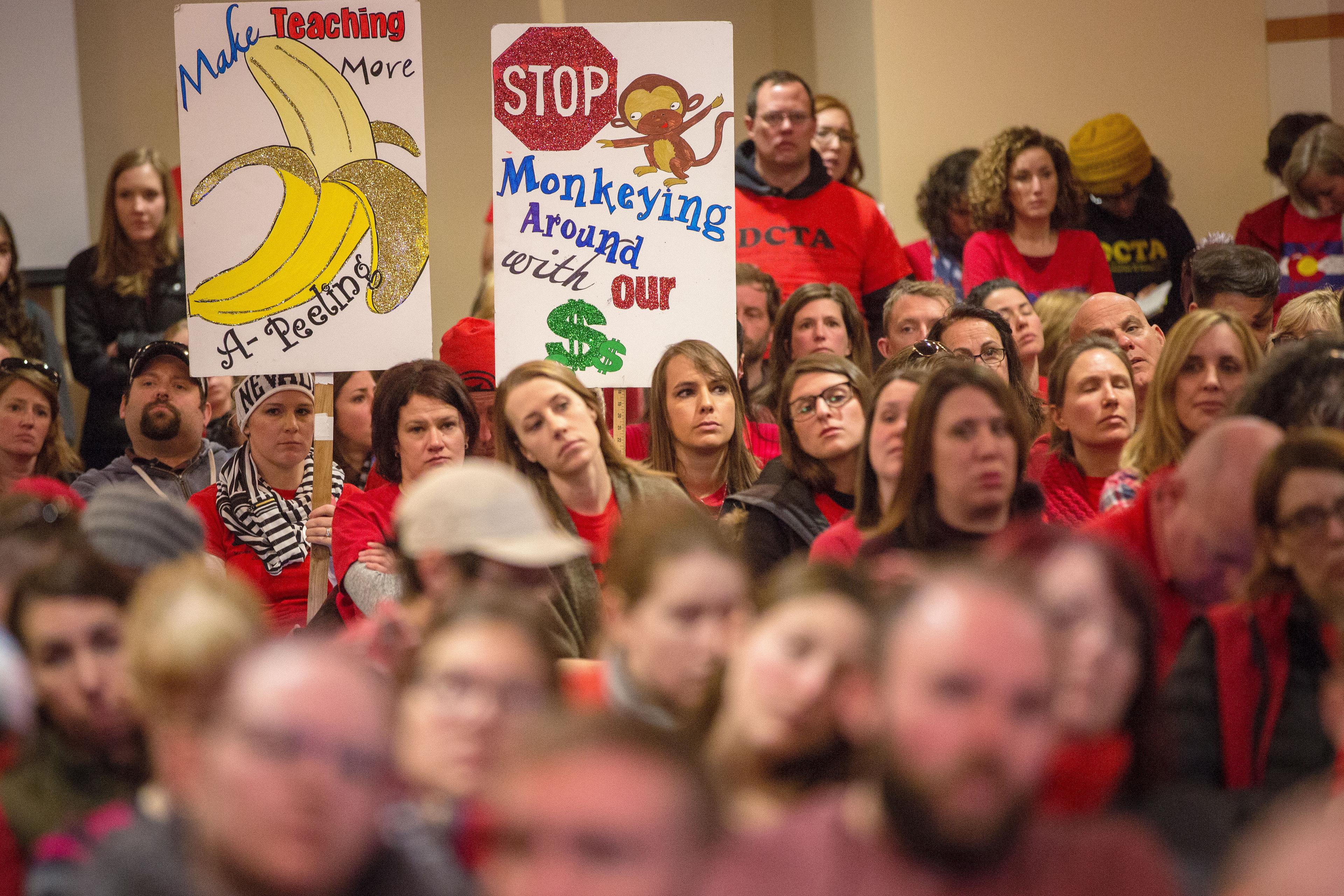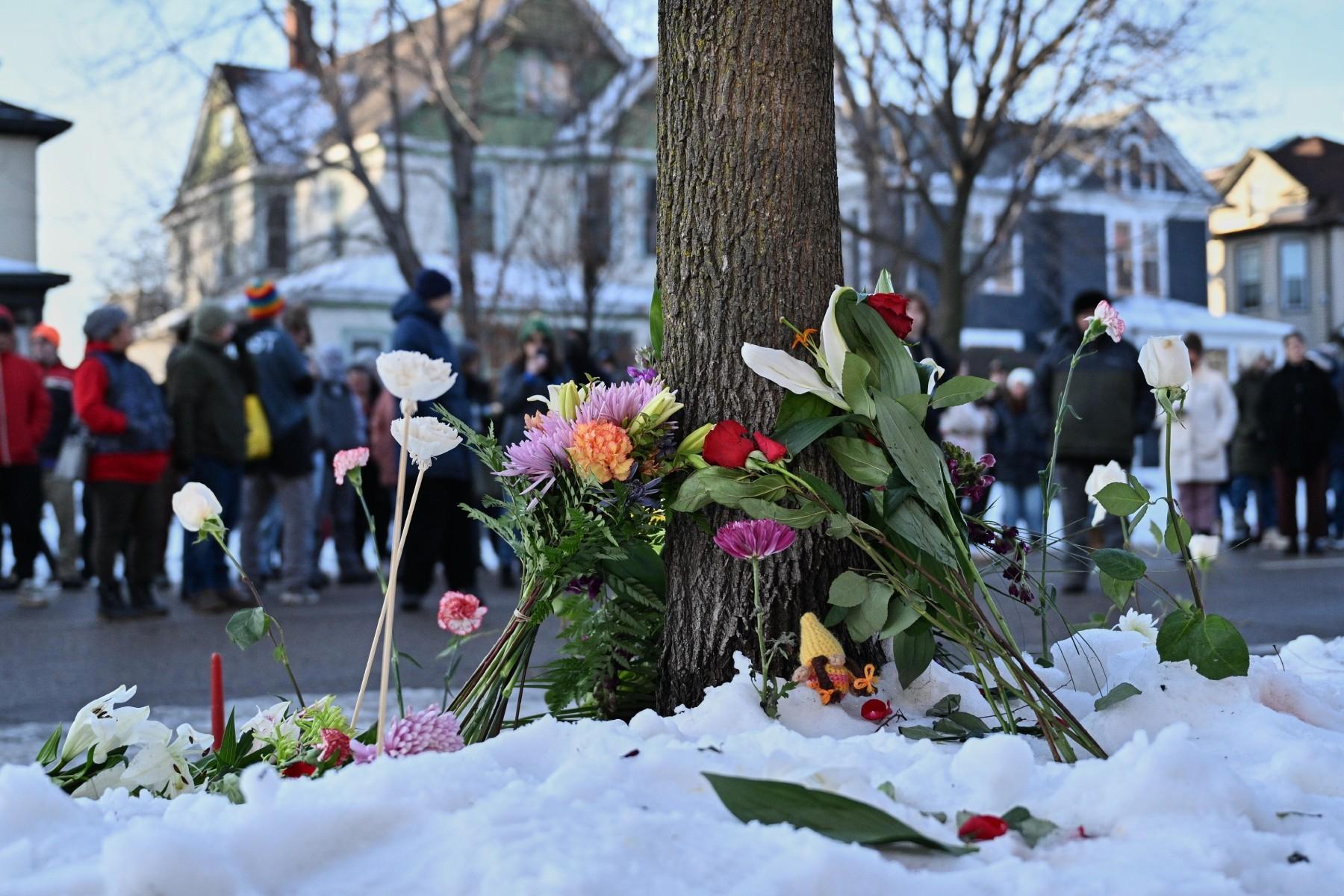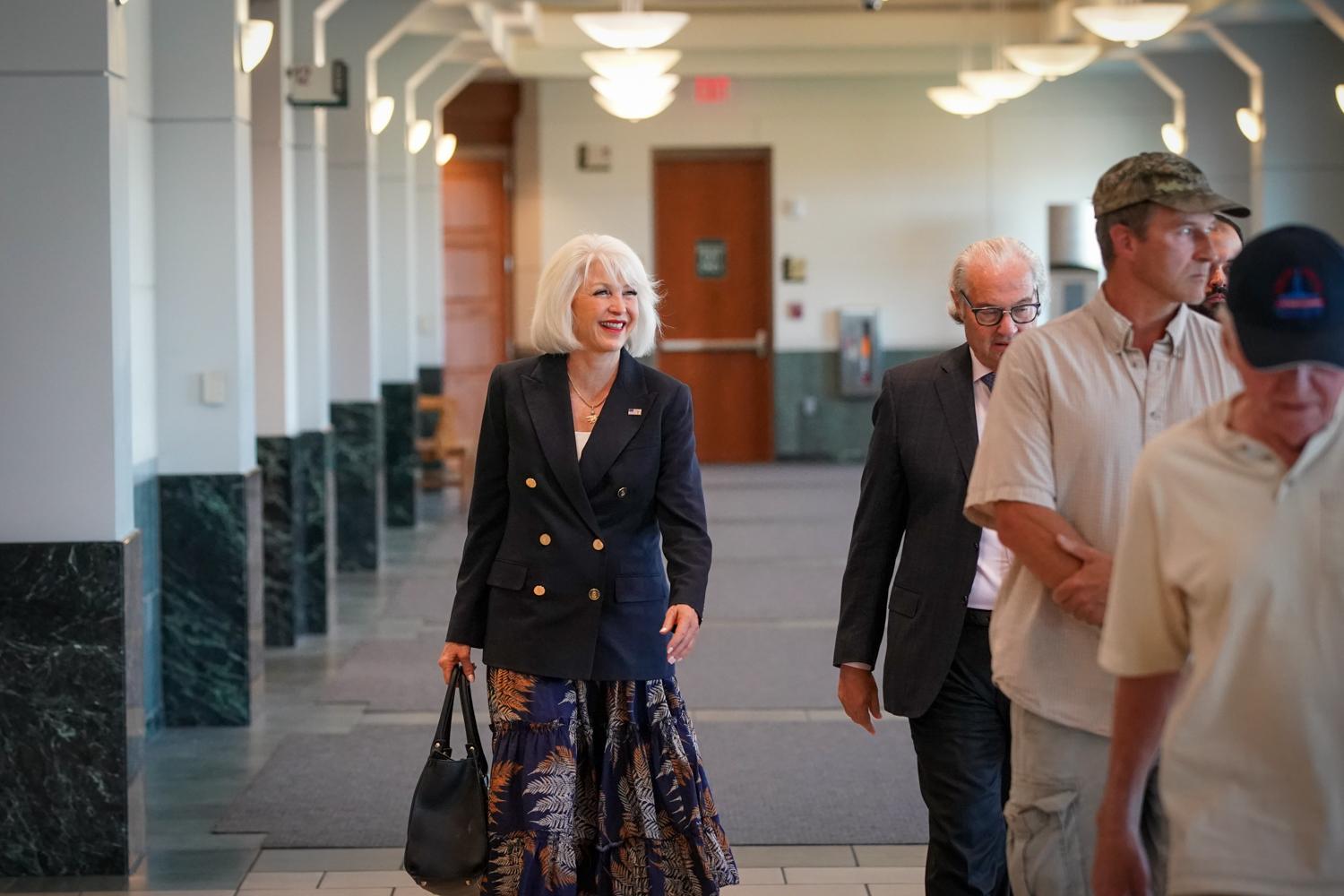
Published 02.12.2019 5:38 p.m. | Updated 02.13.2019 7:02 a.m.
Denver teachers are set to extend their strike into a third day after negotiations with district leaders ended Tuesday night without a deal.
Tuesday's talks came a day after more than half of the city's teachers walked off the job amid a pay dispute. The negotiations, which are set to resume Wednesday, began with discussions over changing Denver's pay system to more closely resemble those in other districts that make it easier for teachers to advance in pay based on experience, education and training.
Both sides issued a joint statement after the late session that expressed hope an agreement will be reached to end the strike.
"Today, Denver Public Schools and the Denver Classroom Teachers Association worked in good faith to find common ground on ProComp," the statement read. "We exchanged proposals that are moving us closer and are hopeful that we will get to an agreement soon. However, we need a little more time to resolve the outstanding issues, and we will resume our negotiations tomorrow morning at 10 am at the Denver Public Central Library."
On Tuesday, schools remained open and staffed by administrators, substitutes and teachers not participating in the strike. At the start of the day's talks, superintendent Susana Cordova acknowledged that students were not getting the kind of instruction they normally would and said she was committed to reaching a deal to end the strike.
Lead union negotiator Rob Gould interrupted to tell her, "You can't do the job without us."
Preliminary reports from the school district indicate 58 percent of teachers did not report to work on Tuesday, slightly more than on the first day of the strike Monday.
The walkout came about a year after West Virginia teachers launched the national "Red4Ed" movement with a nine-day strike in which they won 5 percent pay raises. Most recently, Los Angeles teachers held a six-day strike last month.
About a thousand Denver teachers gathered in the Civic Center Park auditorium for a Tuesday afternoon rally.
"We walked down the steps into the bowl chanting," said Daniel Walter, a West High Early College educator who attended. "It was a really special feeling to see and feel and experience all of the energy. One of my coworkers looked at me, and said, ‘This is really empowering."
Lots of energy, teachers are really fired up. pic.twitter.com/N6ozC2QOow
Special education teacher John Haycraft said the system of unpredictable bonuses and low salaries is fueling teacher turnover. At his school, Farrell B. Howell ECE-8 school, only five of the 53 teachers who were there when he started eight years ago are still at the school.
"As time goes on, I asked myself more and more each year, how long can I keep doing this?" Haycraft said. "People call it burnout, but that's not the right word. I haven't burned out. I've been demoralized. When we jumped through the hoops for increases that we've already earned, were demoralized."
One speaker at the Civic Center rally also called attention to the upcoming November election, when three seats on the seven-member board will be on the ballot.
“When you head to the ballot box this November, let's flip this board. Let's support our students, retain our teachers, and give Denver Public Schools the equity it so needs and deserves," parent Amy Duclos said.
There are 71,000 students in district-run schools. Another 21,000 are enrolled in charter schools unaffected by the strike.
The dispute is over the school district's incentive-based pay system. The district gives bonuses ranging from $1,500 to $3,000 a year to teachers who work in schools with students from low-income families, in schools that are designated high priority or in positions that are considered hard to staff, such as special education or speech language pathology.
The union wants to lower or eliminate some of those bonuses to free up more money that would be added to overall teacher pay. The district sees the disputed bonuses as key to boosting the academic performance of poor and minority students.
Teachers say the reliance on bonuses leads to high turnover, which they say hurts students, and that spending money on smaller class sizes and adding support staff, like counselors, is the best way to help disadvantaged students.
The district has proposed raising starting teacher pay from $43,255 to $45,500 a year. That's $300 a year less than the union's proposal, which would add $50 million a year to teacher base pay, according to union officials.
CPR education reporter Jenny Brundin contributed to this story.








